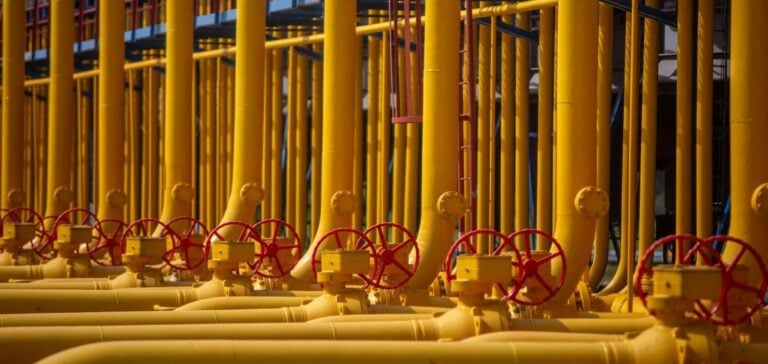On January 1, 2025, Ukraine officially ceased Russian gas transit to Europe, ending a contract signed in 2019 between Naftogaz, the Ukrainian operator, and Gazprom. This decision marks a strategic rupture for European energy supply, which still partially relied on this corridor of 14 billion cubic meters annually.
This interruption comes amidst the ongoing war in Ukraine, which began in February 2022. Since then, Russia has intensified attacks on Ukraine’s energy infrastructure, worsening regional tensions and plunging neighboring countries into an unprecedented energy crisis.
Impact on Eastern Europe
Eastern European countries are on the front line of this disruption. Slovakia, highly dependent on Russian gas, expressed its concerns through its Prime Minister Robert Fico, who mentioned a “drastic impact.” This situation could affect the economic and social stability of a region already weakened by escalating geopolitical tensions.
In Moldova, the transit halt has exacerbated an ongoing energy crisis. In the separatist region of Transnistria, residents are already facing gas and heating shortages. The Moldovan government has called on Russia to stop its “energy blackmail” while mobilizing emergency solutions, notably with the help of neighboring Romania.
A Strategic Turning Point for Ukraine
For Kyiv, this transit halt is a strategic opportunity. According to Ukrainian President Volodymyr Zelensky, this break symbolizes “a major defeat” for Moscow. In the early 2000s, Russia exported over 130 billion cubic meters of gas via Ukraine. Today, this volume is reduced to zero, reflecting the gradual erosion of Russian energy influence in Europe.
Market data confirms this shift: the European Union has turned to alternative suppliers, including liquefied natural gas (LNG) delivered by tankers and alternative pipelines such as TurkStream. However, tensions remain high, with gas prices recently surpassing the symbolic threshold of 50 euros per megawatt-hour.
Consequences for Gazprom and the Sector’s Future
For Gazprom, this loss of market access could have significant financial consequences. The Russian company faces a contraction in exported volumes to Europe, a situation that limits its geopolitical leverage. Globally, this shift could accelerate European countries’ efforts to diversify energy sources, further reducing dependency on Russian hydrocarbons.
As European actors focus on securing new supply sources, the halt of transit through Ukraine signals a new era for the continent’s energy policy.






















